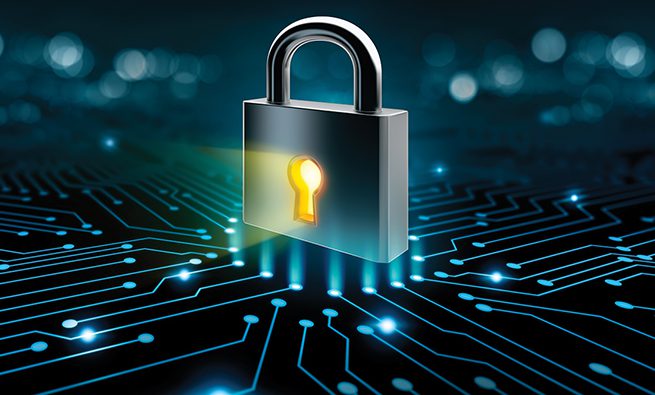In order to scale your business, you need to be confident about your cybersecurity. Cyber threats are constantly evolving and come in many different forms. When a new type of threat is successful, hackers make a concerted effort to exploit systems for profit at their target’s expense.
- Hacking, cyber security, and ransomware dominate the news on a nearly daily basis. The healthcare industry continues to be a top target for its lucrativeness. Here are some of the largest data breaches of 2018 so far:
- Ransomware attack on Cass Regional in Missouri
- Affected internal communication systems and access to the organization’s electronic health record.
- LifeBridge Health malware hack
- Health data of 500k+ patients were compromised.
- Russian Power Grid cyberattack
- Russian hackers infiltrated and probed U.S. power companies, with evidence that the actors had direct access to an American utility’s control systems.
- Hacking of Under Armour’s MyFitnessPal app
- In February, MyFitnessPal app was compromised by hackers who were able to get usernames, email addresses and passwords of 150 million users.
- Aadhaar ID hack
- In January, reporters from the Tribune News Service paid 500 Rupees (approximately $7 USD) for login details to a service being offered by an anonymous seller over WhatsApp. By using the service, the reporters can enter any Aadhaar number, a 12-digit unique identifier assigned to every Indian citizen. The data breach has compromised the personal information of over 1 billion Indian citizens.
A couple of noteworthy points to add:
- Approximately 21 million records have been stolen so far in 2018.
- The average time to fix data breach – 68 to 69 days from time of discovery.
Approximately 60% of businesses will close within 6 months of a cyber attack. Small to medium size businesses are easy targets and huge paydays for hackers.
To build resilience to cyber attacks, CEOs and CIOs need to have proper training for employees. Including clear communication in business terms rather than technical terms. Communication at a business level allows for a better understanding of how security, or lack of it, would impact business.
Business and Cybersecurity
CEOs must take a proactive and committed approach to protect data. This is done by setting up a sustainable cybersecurity infrastructure, which contributes to a resilient and responsive IT security team. Yet even when this is achieved, the majority of companies will find the biggest challenge is identifying and preparing for future cybersecurity threats. Organizations must capture cybersecurity threats in drills and practices similar to natural disaster emergency drills. This increases response preparedness and fluidity with executing procedures and protocols at an operational level. To be truly effective, drills must engage all members of an organization from bottom to top, from employees, the IT security team and other business teams up to the C-suite.
The purpose of this blog is not to stoke fears, but to educate on the reality of cybersecurity. A critical business need. Awareness of that reality is enough to encourage any company to arm themselves with the best cybersecurity in the market.
Key Factors
There are key factors to consider before deciding on a cybersecurity company. A strong firewall is no longer an effective deterrent for hacking. Many highly profitable companies license security software with firewalls widely-considered to be the strongest. Yet even these companies are being penetrated by hackers through their firewalls. Don’t decide on this rule alone. Anti-spam filters can also deter some penetration, but again, most hackers will still get through.
A pro tip: always do the 2 or 3 factor authentication for accounts. It’s one of the strongest deterrents against hackers. A strong password is key. It should be comprised of upper and lowercase letters, numbers, and special characters. This makes it difficult to penetrate via brute-force attacks. However, with the rapid development of new technology and systems comes the discovery of new hacking techniques and ways to exploit. With the use of AI, hackers can penetrate with a ~90% success rate if your password is less than 20 characters long.
A security software that detects intrusion and neutralizes threats is the key to keeping hackers out of your system. But which one is the best for your company?
Contact Konnect Up Solutions today to be your professional cybersecurity guide and help you set up your business technology. Our number is (510) 972-3028 or visit https://konnectupsolutions.com/ for more information.
